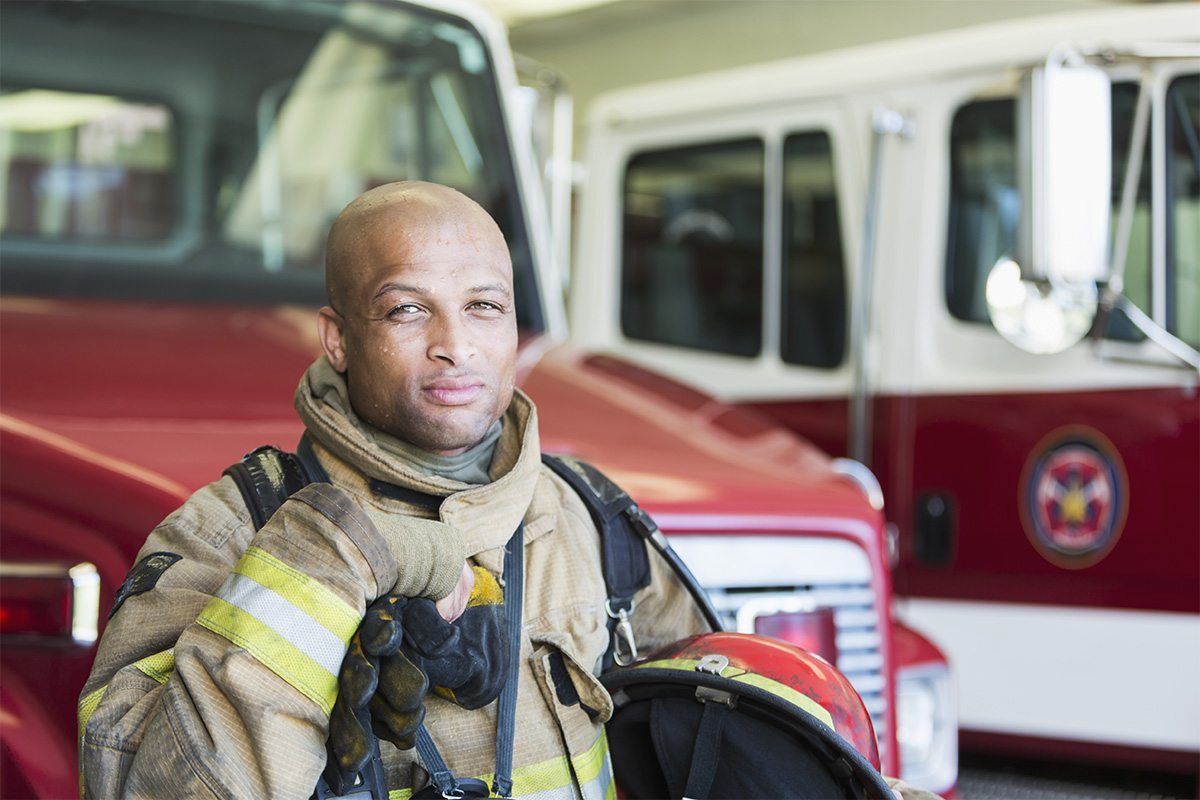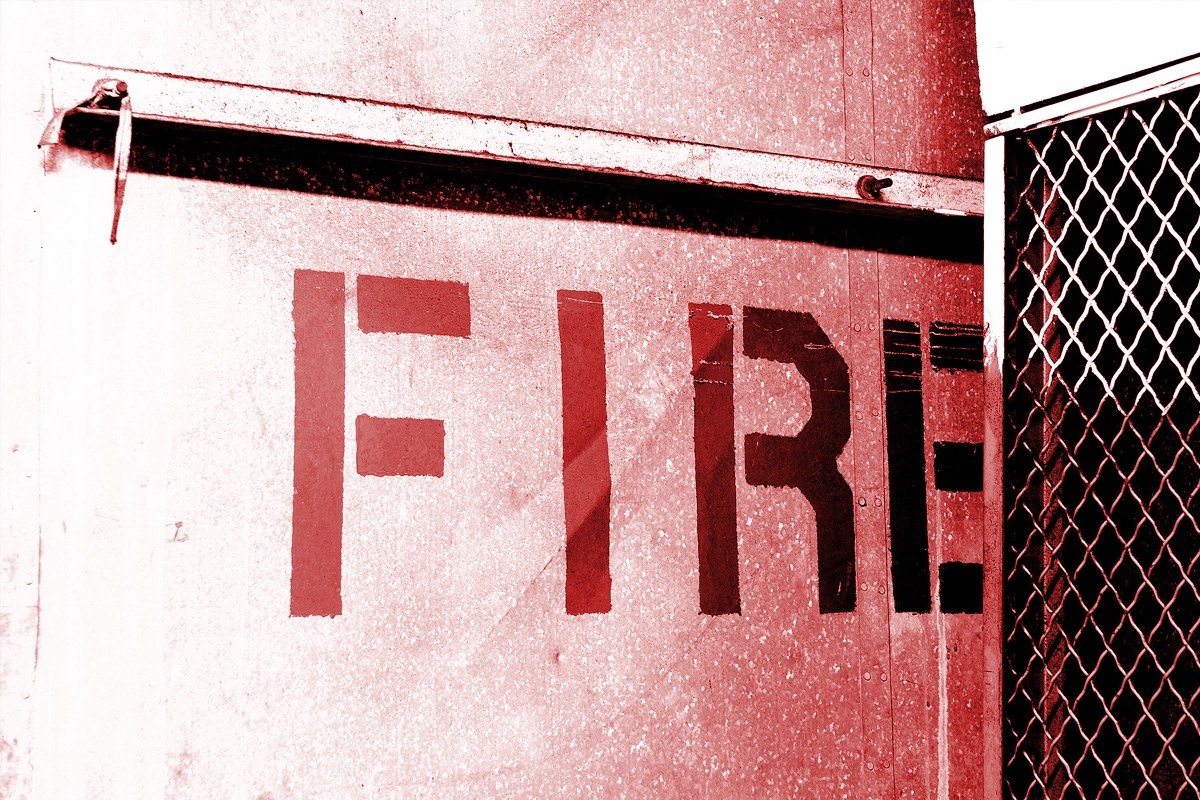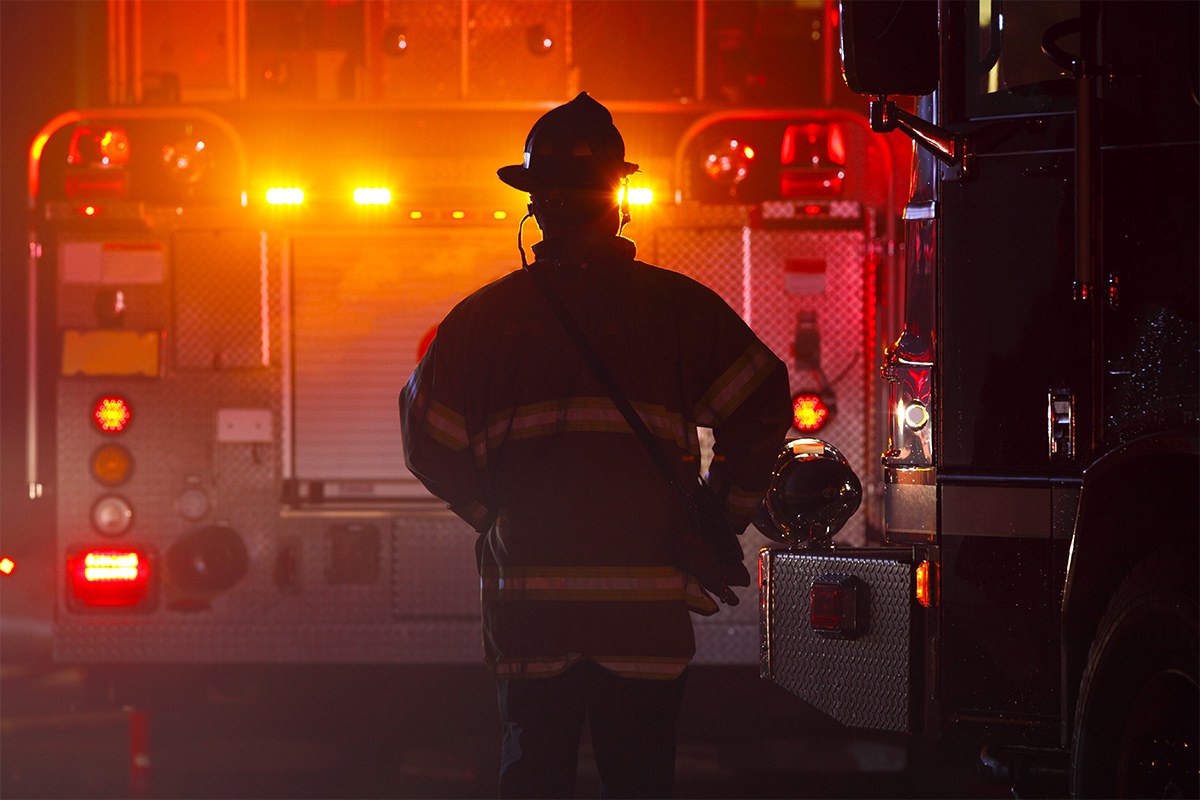Being a firefighter is a demanding but highly rewarding job that’s viewed favorably by the public. Though firefighters are mainly known for preventing and fighting fires, they’re often one of the first to arrive on-scene at traffic accidents, medical emergencies, and other crises. This job requires a wide range of skills such as first aid, communication and de-escalation, physical fitness, and mental and emotional resilience.
While firefighting jobs are only expected to grow 4% over the next decade, which is about average according to the Bureau of Labor Statistics, there is a major firefighter shortage in the United States that could increase the likelihood of finding a job and making a career as a firefighter. If you are thinking of becoming a firefighter or looking for a degree that would help you transition into this career, you should learn the local requirements in your area. Here are some of the typical qualifications and duties, as well as some secondary skills that could help you:
Educational Requirements
People applying to work as firefighters will need to have obtained a high school diploma or passed a General Educational Development equivalency test. These are considered the bare minimum requirements, as many applicants will likely have some other education or training in a relevant field.
Age Requirements
Age requirements vary, but you will be required to be at least 18 years of age, with some cities or counties bumping that requirement up to 20 or 21. Some will also have an upper age limit, due to the physical demands of the job and length of training time, so research these requirements in your state, city or county before you move forward.
Personal Requirements
As mentioned before, expectations and requirements may vary, but most fire departments will require a clean criminal record and background check as well as a clean drug test. Some departments may also ask for character references and check your social media activity.
Skills and Education Valued by Fire Departments
Even if you satisfy the above requirements, becoming a firefighter might be challenging if you haven’t pursued other training. Although you will be trained in your new role, having experience as a first responder, education about fires and fire safety, and medical training can help you transition more easily into firefighting. Here are some of the common skills applicants have when they get started:
Medical Training: This can range from something basic like CPR or first aid to years of work experience as an EMT. Because firefighters are often the first to interact with people in a medical emergency, having training in making a diagnosis, providing assistance, and triaging medical emergencies is a critical part of a firefighter’s skillset. Many firefighters will start as EMTs since the roles are similar in terms of dispatching, expectations, and coordination with other first responders. Some fire departments consider this training so valuable that an EMS certification is a requirement to apply.
Fire Science Education: Although it is not a requirement as it is a component of standard firefighting training, some experience, certification or education on fires and fire science is highly valued by fire departments. Some jobs in building trades, maritime work, forestry, and other specialized work may involve firefighting certifications, as fire safety and abatement are considered components of these jobs.
Physical Training: Although there isn’t a standard way to “certify” physical fitness, applicants who are physically fit and able to meet or exceed the minimum demands of firefighter training will have a much easier time adapting to and thriving as a firefighter. Trainees will have to complete some version of the Candidate Physical Ability Test (CPAT), a timed assessment of their ability to perform common firefighting tasks under extreme physical stress.
Physical training isn’t necessarily required to start training, but most successful trainees start working toward these fitness goals before applying. Being fit and conditioned before applying will also decrease your likelihood of developing any issues or injuries during training.
Post-Application Steps
As always, these processes may vary, but applicants will typically be asked to pass a set of written and physical tests and to attend a fire academy. At the academy, they will receive in-depth training, often physically fighting fires in simulations and learning how to use standard firefighting tools and safety equipment. Once this process is completed, successful trainees will be able to seek work as firefighters.
Fire Science Education at Columbia Southern University
Here at Columbia Southern University, our highly flexible curriculum and class schedules will allow you to deepen your knowledge in critical areas. If you’re interested in learning more about our online degree programs in fire science, visit our website.
Multiple factors, including prior experience, geography and degree field, affect career outcomes. CSU does not guarantee a job, promotion, salary increase, eligibility for a position, or other career growth.






